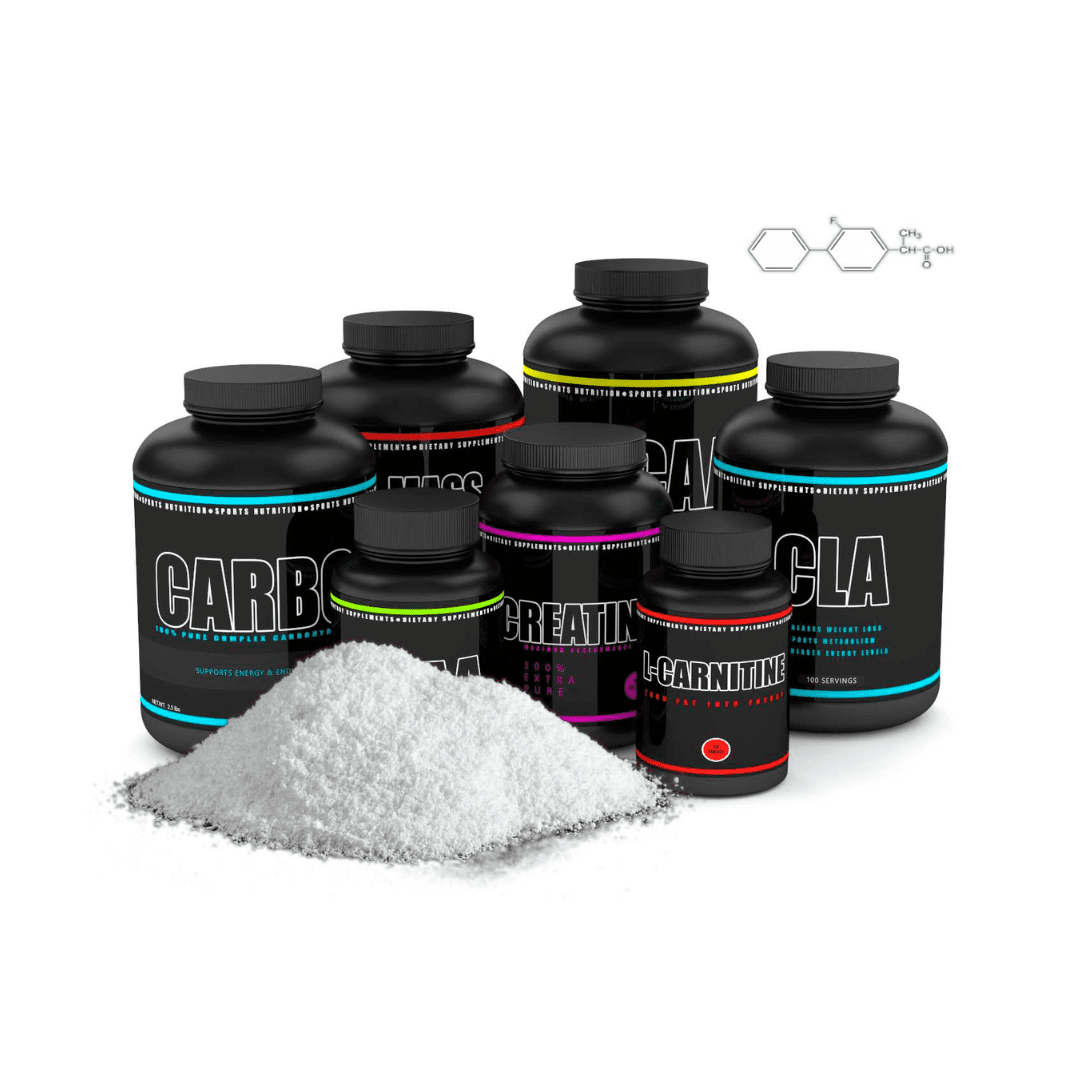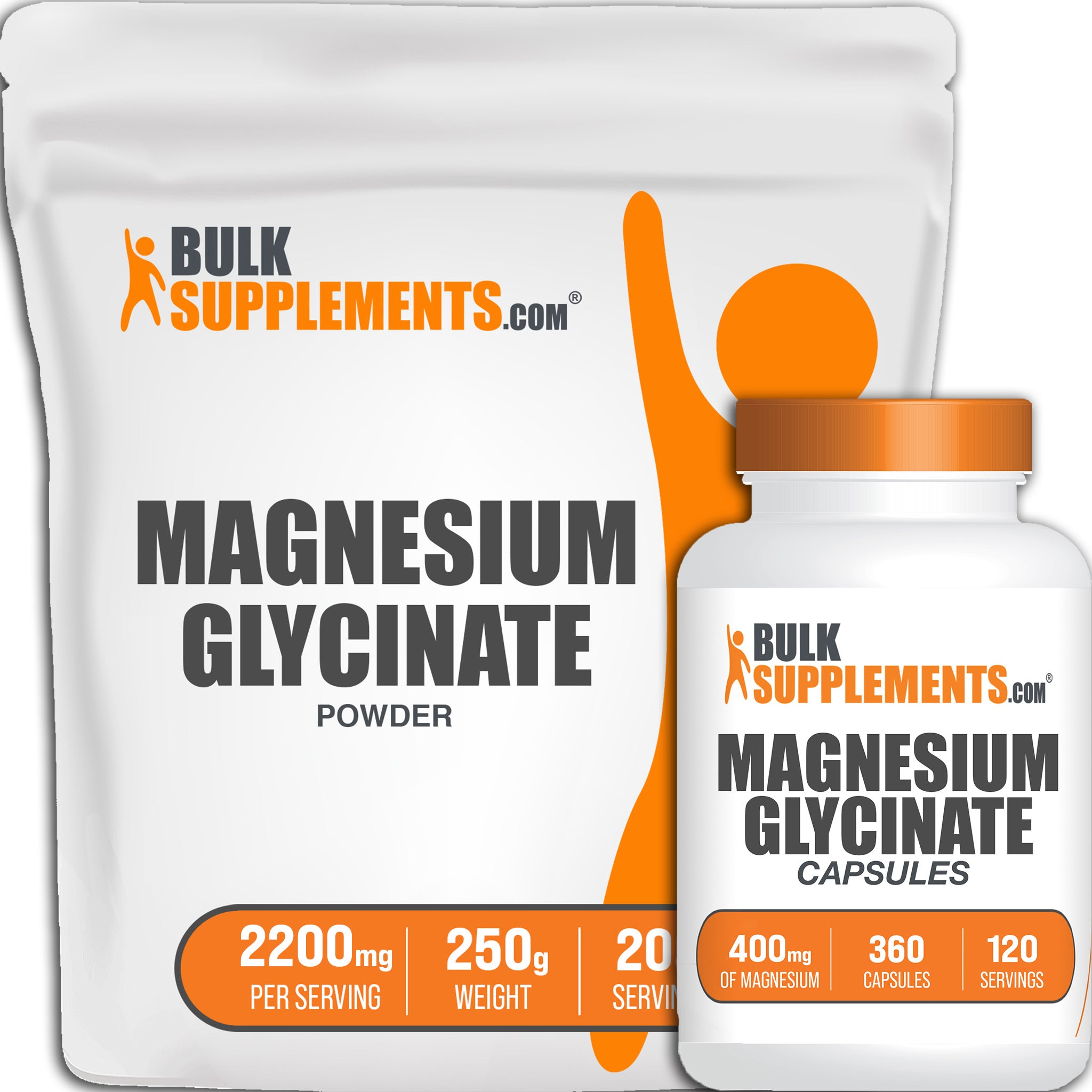Lucy said:Hmm, how about talc? I see you didn't classify this as bad on your website, Dan. Ray writes in one of his articles: "Crystals of talc were found in the tumor, that were assumed to have originated from the surgical gloves used during the operation. Talc is now widely recognized as a carcinogen, and is suspected of causing ovarian cancer."
I'm asking because the mexican Cynomel (T3) he recommends contains talc, and many people here, including me, are taking this.
That's interesting, has someone emailed him about this? I find it strange he'd recommend any thyroid supp containing talc...



